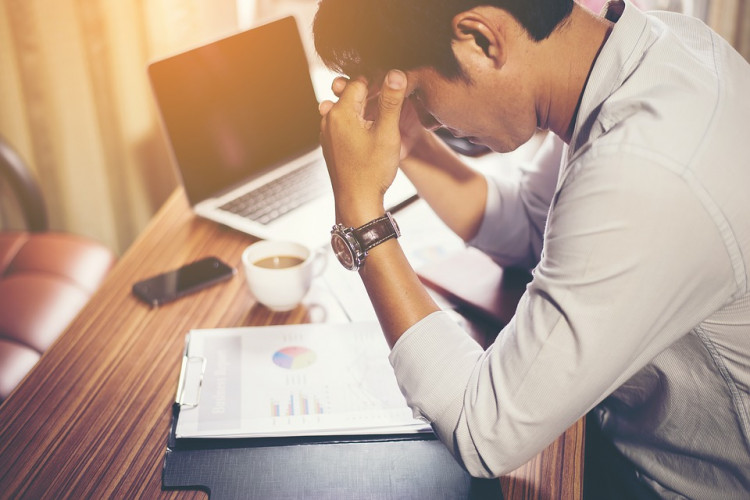Having a job is important, but what if you're stuck in a bad job? Some workers tend to experience Monday blues, others consistently complain about their bosses or co-workers. These things could affect the way how you view your job, and can actually affect your overall health.
Here are the five signs your job is already affecting your physical and mental health, as per Medical Daily.
Your job follows you back home
Researchers at Virginia Tech (VT) found working extra hours or even when you're already home could impact your health. The study revealed that checking work-related emails during non-working hours might lead to increase levels of stress and anxiety.
Moreover, doing your job at home might also affect other family members as they think you're not able to spend enough quality time with them. Researchers suggest establishing healthy limits to maintain a good work-life balance, such as checking email once an hour rather than every minute or turning off push notifications.
Your job induces your sedentary behavior
The long-term impact of sitting at a desk the entire day includes an increased risk of obesity and associated diseases. Workers using computers all day might also experience other problems, such as dry eyes. It's vital to take short breaks, and then move around. Some studies suggest that a five-minute walk on an hourly basis can help counter these damaging effects, and there are also desk exercises that can keep you healthy while at work.
Your job affects your eating habits
Studies revealed that the majority of workplaces are offering processed and unhealthy foods like candies, cookies, pizza, sodas, etc. Some people tend to crave sugar when they're stressed, so it's hard to resist such foods especially if they were offered for free.
Stephen J. Onufrak, the leader of the study and a researcher at the Centers for Disease Control and Prevention, said foods at workplaces were usually high in calories, refined grains, added sugars, and sodium. He suggested that employers should offer healthier food options in vending machines, cafeterias, as well as in meetings or social events.
Your job interferes with your sleep and social life
Irregular sleep due to changing work shifts has been associated with increased risk of developing chronic diseases. For instance, law enforcement and hospital workers have an inadequate sleep, which is particularly concerning as it can affect their performance at work.
Poor sleep also makes people less sociable, increasing their feeling of isolation. Christina Maslach, professor of psychology at the University of California, Berkeley, explains poor sleep is not just about being irritable, it's about being not good for anyone since you haven't slept well.
Your job groups you with toxic co-workers
According to E. Kevin Kelloway of St. Mary's University, unfair treatment is a "particularly toxic" stressor at work. Being with a toxic boss or co-workers may create damaging effects on mental health in the long run. Additionally, a lot of employees reported their immediate supervisor is a significant source of stress, while psychologists found out that stressed workers perform 50 percent worse on cognitive tests.






